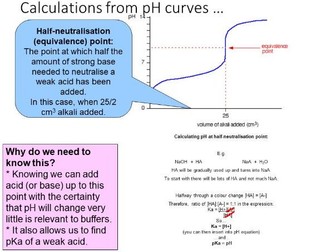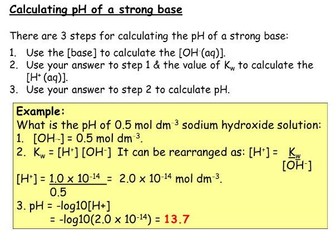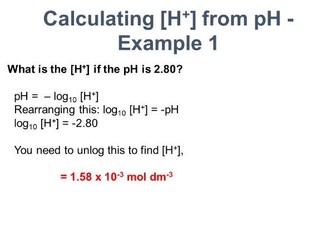
AQA YEAR 2: Acylation (Nucleophilic additon-elimination)
For teaching Year 2 (A2) A Level Chemistry - AQA exam board.
This lesson was rated outstanding in an observation.
The lesson is planned as an 'active' lesson and it requires students to use the tasks to figure out the mechanisms. The teacher is the facilitator - I went round and probed the students as they are doing the task with open ended questions, getting them to work out the mechanisms themselves and not telling them the answers. Even the weaker students (who did take longer to complete the tasks) could actually remember it for months after this lesson because they figured it out themselves (I didn't tell them how to draw out the mechanisms).
I also got the students to draw out the mechanisms on the tables with wipeable marker pens as they are doing the tasks.
**After the students complete the tasks I did ensure that I went through the mechanisms on the board using the slides later on in the powerpoint.
Teaching plan:
* Starter: cut the cards out and give to each student. Students sort the questions into how confident they are right now in answering them (return to them at the end of the lesson to see if/how much they have changed).
* Introduce the lesson on acylation reactions - see powerpoint. There are detailed notes with what to do with each task in the 'notes' section in the powerpoint slide.
* Introduce an overview of the tasks they will complete:
• Students complete task 1: They then move onto task 2 and then task 3.
* There is 'support' for students struggling and extension tasks.
** Powerpoint contains drawn out mechanisms also for you to go through with the class after they have completed the tasks.
* Exam question with answer included.


